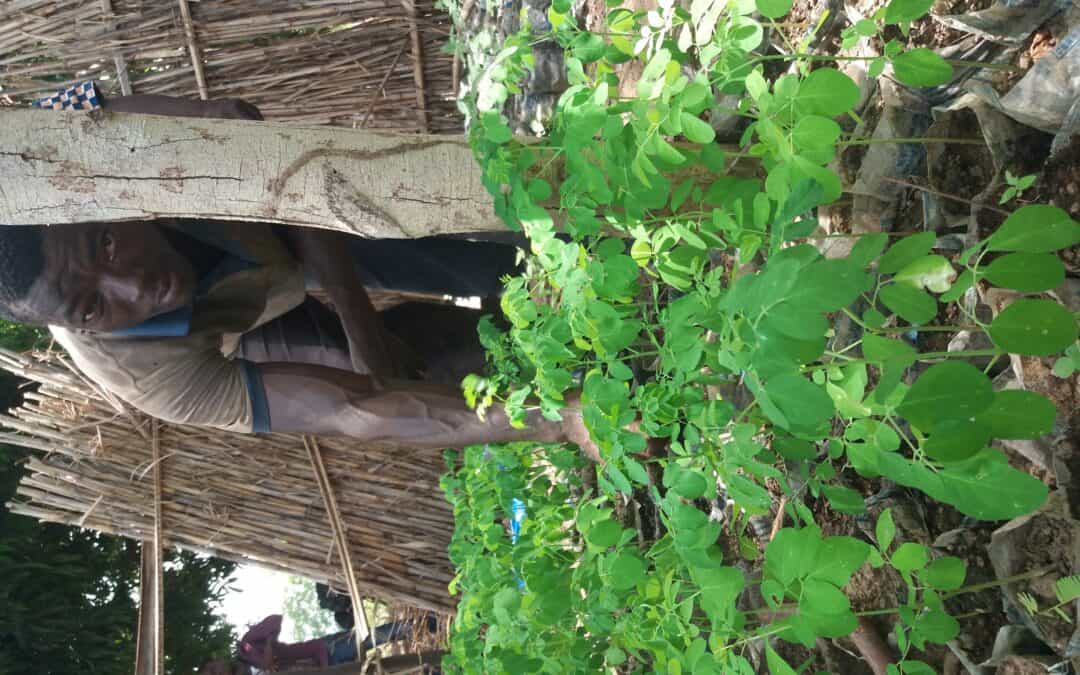Togo has long been among the countries with the highest deforestation rates in the world, even though its forests cover only little surface (6.8% of the national area in 2011). The protected Abdoulaye forest is one of the Togolese natural areas which have been most affected by deforestation, due to the communities who live nearby and cut down trees for coal production and to create new pastures. .
That is why, in 2014 we started a project to improve the protection of the forest. As part of this, we have raised awareness about the consequences of deforestation on climate change and the forest’s ecosystem and created alternative sources of income. As part of this, we have raised awareness about the consequences of deforestation on climate change and the forest’s ecosystem and created alternative sources of income. .
Prior to this year’s national Arbor Day in Togo on 1 June, the tree nurseries that we have formed around the forest have produced nearly 6’500 seedlings of various species Examples are cashew trees, moringa, mahogany trees, eucalyptus, teak, néré and gmélina. They will be planted in schools, public spaces, gardens and buffer areas around the Abdoulaye forest.
. Additionally, our beneficiaries of the APFA II project (shea processors, beekeepers, farmers and community animal health workers) have acquired and planted at least 5 plants per person on Arbor day itself to foster reforestation in the region.



